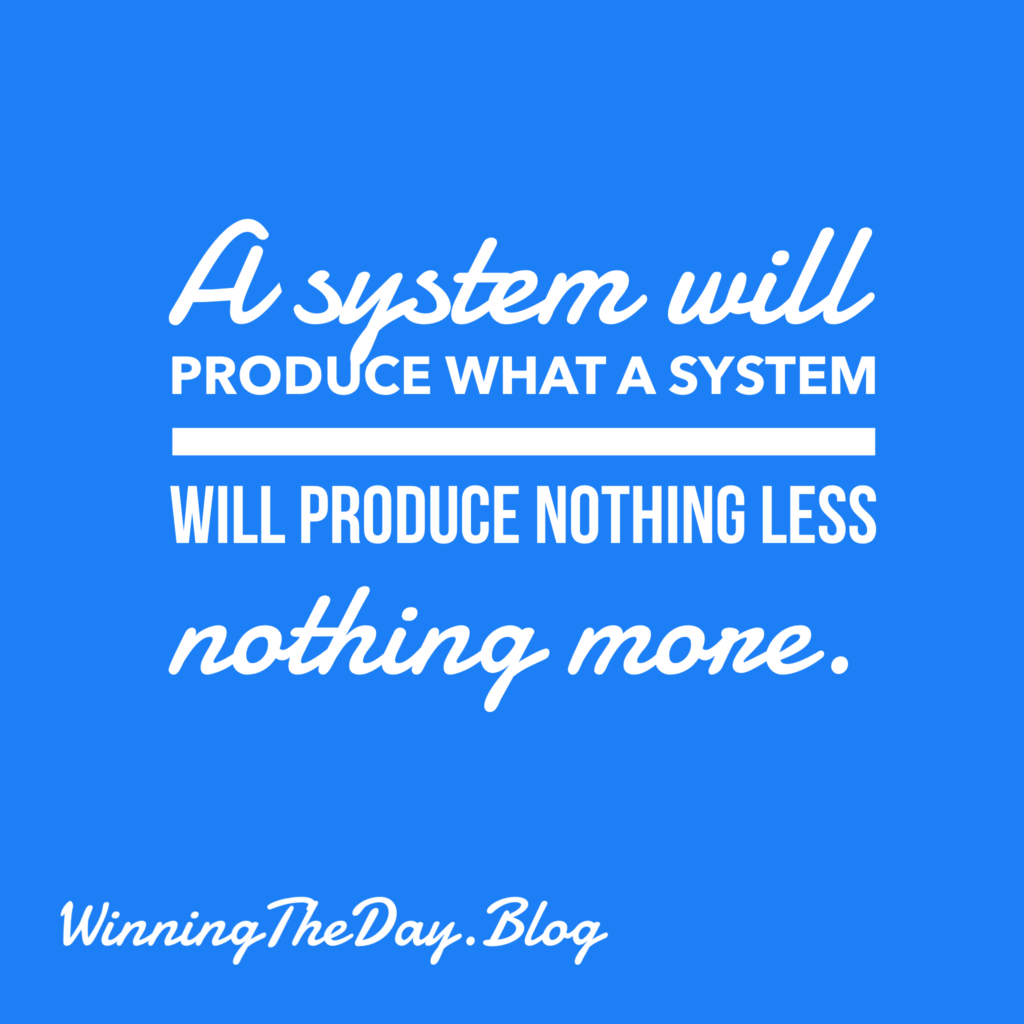I came across an article in The Atlantic recently that’s been rattling around in my head. It hit on something I see constantly, whether I’m standing in front of a classroom or sitting across from executives and top recruiters. We’re all chasing what we call the “good life.”
Here’s the thing about real estate and closing services: the “good life” starts feeling like a treadmill pretty quickly. You know how it goes. You grind through the long hours, land that monster recruit, crush your production goals, or finally push through a nightmare deal. For a moment, you get that rush. “I made it.”
And then, what, three days later? Gone.
Our brains hit reset almost immediately. That massive win? It’s just your new normal. And there you are again, sprinting toward the next high. It’s exhausting. And honestly, it’s not sustainable.
A Reality Check from the 13th Century
The article referenced some philosophy from Thomas Aquinas that seemed to nail this exact problem. Back in the 1200s, Aquinas was asking why humans never feel satisfied. His answer? We spend our lives chasing four things that we think will make us happy, but they just leave us wanting more.
Looking at our industry, from high-performing agents to closing pros, it’s wild how little has changed. Here’s what Aquinas said we chase:
- Money: We treat wealth like it’s the endgame. But a commission check? That’s just fuel to keep working. It’s not a finish line.
- Power: We want control. Control over the market, control over our territory, control over being the biggest name in the zip code. But power for its own sake doesn’t fill anything.
- Pleasure: The weekend getaway, the expensive dinner, the “treat yourself” purchase after a brutal week. Aquinas called this a distraction. And he was right. It’s fleeting.
- Honor: This one hits home in real estate. We chase awards, titles, recognition. But Aquinas argued that honor is just what other people think of us. If we’re more focused on the trophy than the person we’re actually serving, what are we doing?
Flipping the Script
The article also talked about something I love discussing with my students: the satisfaction equation. Most of us are taught to focus on getting more. But satisfaction isn’t about what you have. It’s about the ratio between what you have and what you want.
Satisfaction = What You Have ÷ What You Want
If your wants keep expanding faster than what you’re achieving, you’ll always feel behind. No matter how much you earn. No matter how many offices you open. Aquinas would probably say the trick isn’t just accumulating more. It’s learning to want less. To be content with what you’ve built while you keep building.
Leading Differently
There was one more idea from Aquinas that stuck with me. He defined love as “willing the good of the other.”
Think about that in a business context. How often are we focused on what a recruit or client can do for our numbers? Aquinas is saying: flip it. When you genuinely care about someone’s growth and well-being, not as a means to an end, but as the actual goal, everything shifts. The energy changes. The trust builds. And that foundation doesn’t crack when the market turns.
Final Thoughts
We need to stop waiting for the next milestone to give ourselves permission to enjoy the work. The market’s going to do its thing. Rates will fluctuate. Deals will fall apart. That’s the business.
But if we stop expecting our titles and bank accounts to deliver perfect happiness, we can actually breathe. We can enjoy the imperfect happiness that’s available right now. We can be the professionals who care more about the person than the profit.
When you stop chasing that high so desperately, real success tends to stick around.




